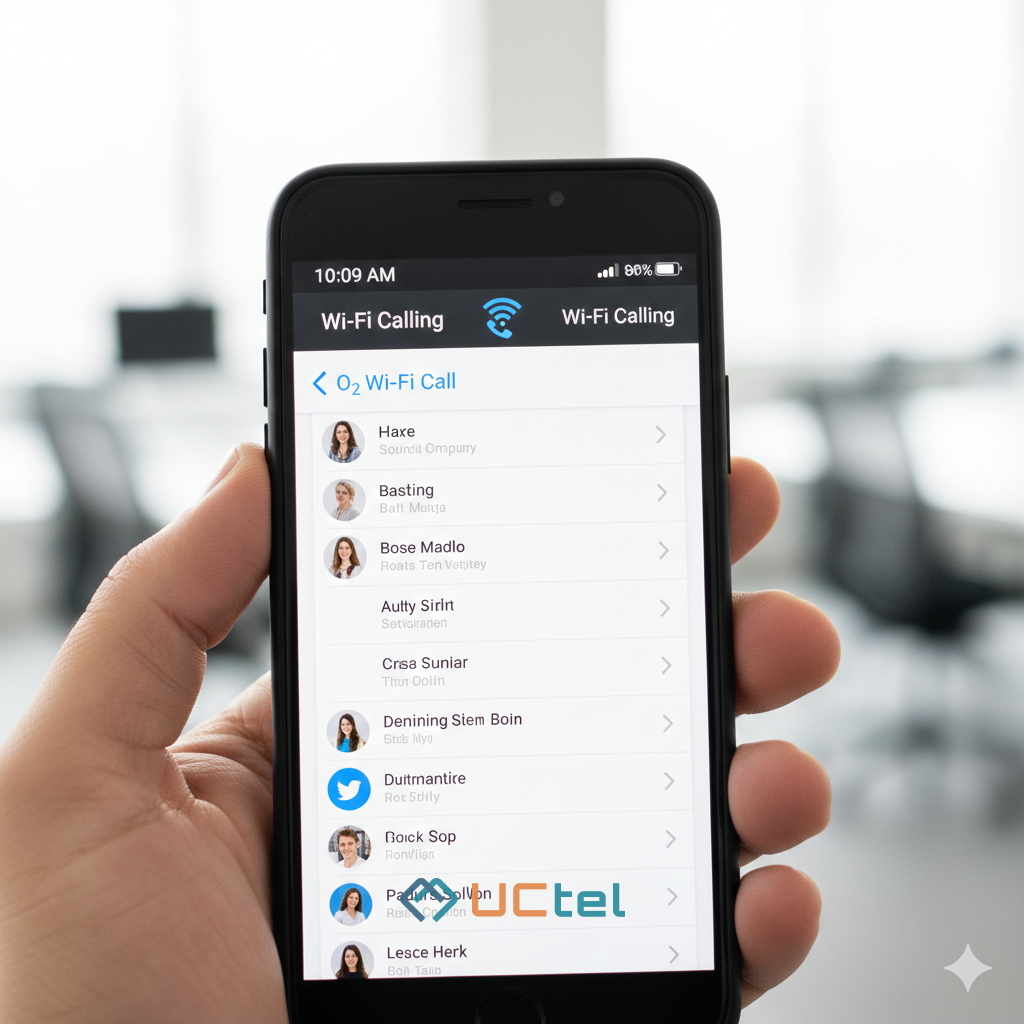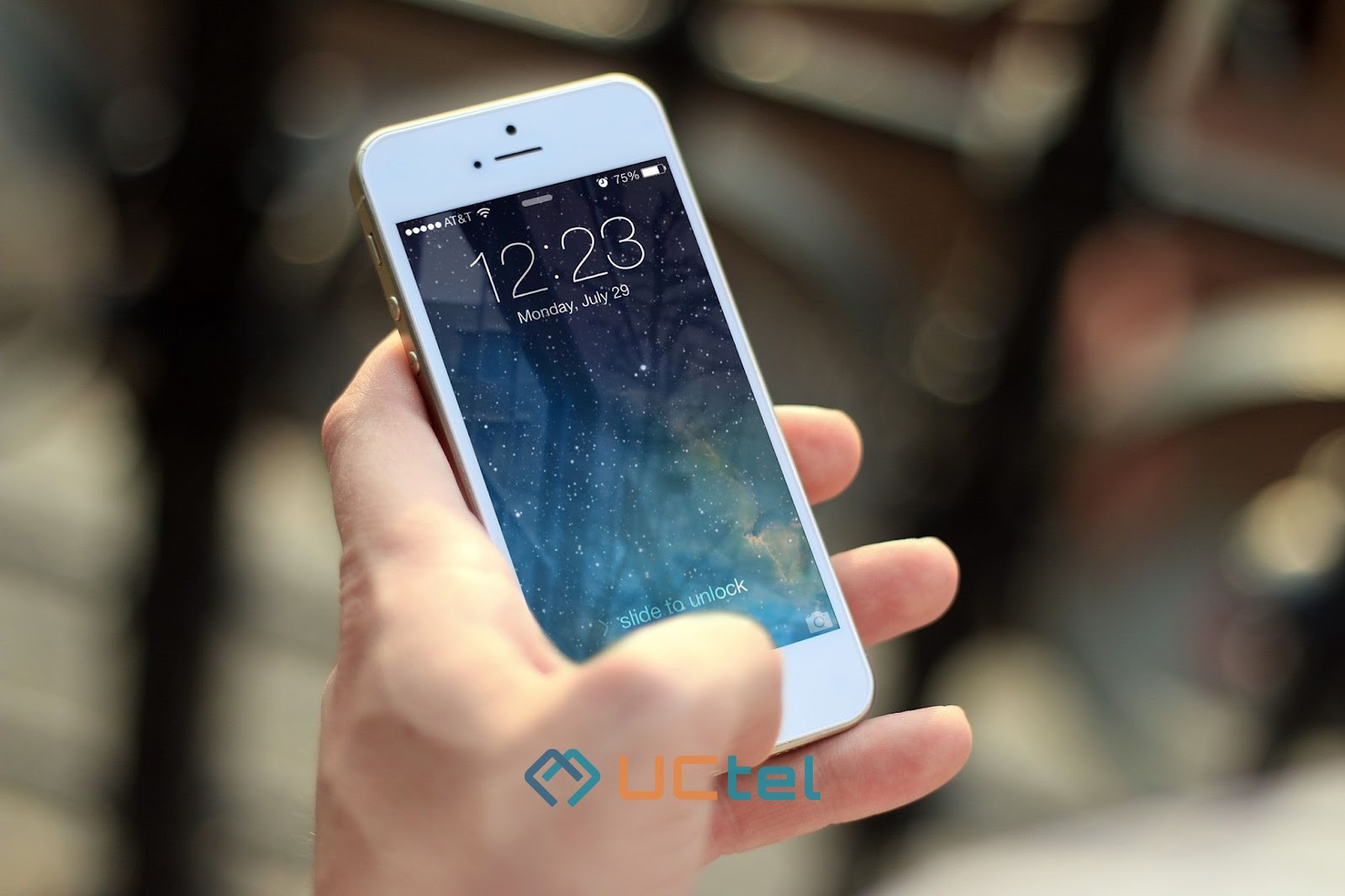
How Much Mobile Data Do You Need for Your Business Per Month?
Table of contents
Today, mobile phones aren't just a means for communication but our gateway to the Internet, where we access tons of information by browsing the web. The constant growth of the average mobile data usage per month spells greater expenditures for individual smartphone users. For enterprises, it becomes one of the big-ticket budget items they struggle to cover.
However, some of them aren’t aware of the amount of data they need in their workflow and thus pay through the nose for their phone contracts. Surely, you can avoid paying exorbitant sums if you get the correct answer to the question, "How much data do you need per month to cover all your needs?” Let’s find it out together.
Mobile Data: Do You Correctly Understand the Meaning?
Before asking yourself, "How much data do you need for business?” or “Is 150 GB of data enough for a month?" you should get down to the basics and come to grips with the terms.
What is data in the mobile internet realm? It is the resource you consume whenever you access the web via a 5G or a 4G network or any other type of mobile connection. It can be measured in megabytes (MB), but the most convenient unit is 1,024 times bigger — a gigabyte (GB) — the major yardstick in contracts you sign with mobile operators.
How many GB of data do you need? It depends on your activities on the Internet. A typical person surfs the web, communicates with friends and family on social networks, sends messages via WhatsApp or Viber, or streams films on specialised platforms. Business use cases of web traffic are quite different.
Daily Business Internet Usage
An average organisation needs the Internet for the following purposes:
E-commerce
For e-stores, the Internet is the principal tool they leverage to sell goods and receive payments from consumers who browse through the catalogue, view product photos, compare prices, order items, and pay for them.
Media site of a company
This is where enterprises present their products or services to the public and get in touch with those who want to cooperate with them in any way.
Social media
The ubiquity of social networks urges companies to launch their accounts there, especially on LinkedIn, which is considered to be a professional venue for having a digital footprint.
Customer Relationship Management (CRM)
This is an internal portal for optimising the clientele-related activities of your organisation, including performing customer analytics, launching marketing campaigns, maintaining service programs, fostering brand loyalty, and more.
Supplier management
It allows companies to control every step of their supply pipeline — from managing product inventories, purchasing orders and schedules to processing receipts, rejections, and shipment details.
Employee productivity enhancement
Internet-driven tools and collaboration software help managers keep track of staff performance, conduct in-job training, promote communication between departments, avoid silos, and augment workforce efficiency.
Video conferencing
Thanks to this instrument, managers and employees hold online meetings no matter where they are, thus facilitating decision-making dramatically.
Market research
Companies can't act on a hunch in their business routine, so they make use of multiple records and dossiers to analyse the consumer niche and outline an efficient marketing strategy.
Cloud hosting
On-premises professional solutions live on borrowed time. Any company poised for big-time success should hydrate the cloud and embrace all the perks cloud computing ushers in.
Advertisement
In our internet-fueled age, online advertisement is the most efficient medium of improving sales and enhancing customer reach.
You should go through this list to understand which items your company utilises in its daily routine. But to get a precise answer to the question “How much data do I need for my shop floor processes?”, you must realise what activities cost you a certain amount of traffic consumption.
How Much Internet Data Do You Need for Daily Business Tasks?
If you’re asking yourself “How much data do I need in the UK to keep the business rolling?”, have a look at these estimates of data usage.
How much is 4 GB of data?
For businesses, it is probably the lowest threshold of data use when your employees browse the web under three hours daily or employ social media apps twice that little. Other file formats (audio and video) will eat up more traffic and allow for 40 minutes of internet utilisation.
A typical sample of monthly 4 GB data usage:
- Three hours a day of web browsing
- Or minimum 1.5 hours of daily social media
- Or 40 minutes of browsing daily plus two hours of music
- Or 40 minutes of browsing daily and a few films in medium quality each month
How much is 8 GB of data?
This data consumption plan doubles the above-mentioned amount of internet-powered services available to you. And if you cut down on video and audio streaming, web browsing opportunities would cover almost the entire working day.
An average monthly sample of 8 GB data usage.
- Six hours a day of web browsing
- Or at least three hours of social media per day
- Or 32 hours of medium-quality video streaming
- Or a healthy mix of browsing and music with an occasional video
How much is 30 GB of data?
This is a perfect scheme for a medium-sized company that will cover all its needs by opting for such a data plan. In case no streaming is involved, you can browse the web every day without having to worry about running out of traffic.
An average 30 GB data sample monthly usage.
- Three hours of web browsing, two hours of music, plus up to two hours of video daily
- Virtually limitless internet access for web browsing-only use cases
How much is 150 GB of data?
Even large organisations will experience no traffic shortage having this amount of data to use up their sleeve. Employees have an opportunity to enjoy several hours of audio and video streaming or unlimited access to the web in general and social media in particular.
A typical monthly sample of 150 GB data usage.
- 45 hours of high-quality video per month (or much more in medium quality)
- Or an unlimited mix of various data type consumption
How Can We Help?
Whatever data allowance plan suits you better, it is essential not to waste your traffic and suffer data drain as a result. And this will surely happen if the internet connection in your location is unstable or intermittent. Mobile boosters by UCtel will help your company optimise mobile coverage, eliminate dead zones, obtain reliable 3G, 4G, or 5G, and improve signal quality across the premises. No more seeing a "No internet connection" message when trying to get that analytical report or processing a customer order. Instal UCtel mobile signal solutions, and don't waste your traffic on constant re-uploading!
Final Thoughts
Doing business today is impossible without a heavy reliance on internet data access via mobile devices. Companies use the Internet to run their professional sites and CRMs, set up e-commerce stores, access social media, manage supply chains, do market research, post advertisements, conduct video conferences, and more.
However, some enterprises don’t know how much traffic they consume and thus pay over the odds for the data allowances they don't use. By figuring out what services a certain amount of gigabytes can provide you with, you will be able to optimise your expenditures and improve your data usage routine.






